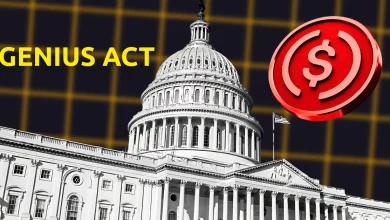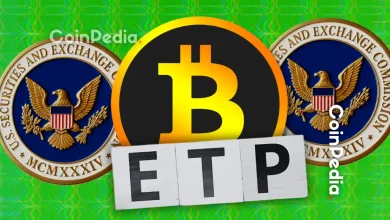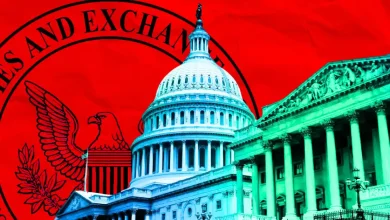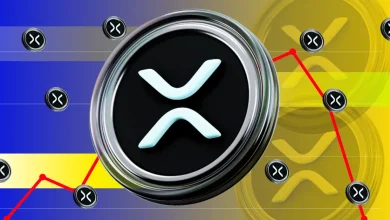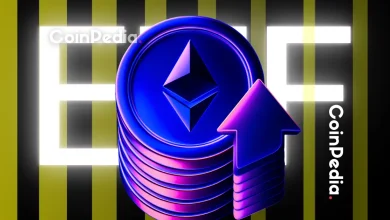
SEC Chairman Gensler's recent interview sheds light on the prolonged approval process for Ethereum ETFs.
Unlike Bitcoin's smoother approval path, Ethereum ETFs face unique challenges, contributing to potential delays in finalization.
Ethereum ETFs could attract significant market capitalization, marking a crucial moment for the digital assets sector.
After months of speculation, did we just hear from the SEC? Well, it would seem so.
SEC Chairman Gary Gensler finally broke the silence about the approval process for spot Ethereum ETFs, generating a mix of anticipation and uncertainty among investors. In a revealing interview with CNBC, Gensler revealed that the review of spot Ethereum ETF S-1 reports might be lengthy, which could cause delays in finalization. This news comes just as major players like BlackRock and VanEck have submitted their initial S-1 draft forms to the SEC.
What does this mean for the future of Ethereum ETFs? Read on to find out how this process unfolds and what it could mean for investors.
Understanding the Red Tape
Gensler emphasized that the SEC staff is working hard on these applications to ensure they are thoroughly reviewed. However, the process requires detailed scrutiny and multiple rounds of feedback before a final decision can be made. This contrasts with the smoother approval process of Bitcoin ETFs earlier this year. The complexities specific to Ethereum ETFs are contributing to the delayed S-1 approval.
Unique Challenges for Ethereum ETFs
The approval process for Ethereum ETFs is quite different from that of Bitcoin. The altcoin market, including Ethereum, presents unique challenges. While Bitcoin’s approval process seemed straightforward, Ethereum’s has been more complex. Hashdex’s recent withdrawal of an Ethereum ETF for undisclosed reasons has added further uncertainty, causing applicants to question the future of Ethereum ETFs.
Remember – The Investor Always Comes First
Despite these challenges, Gensler noted that ETH’s exchange-traded products (ETPs) have been thoroughly examined, particularly due to Ethereum’s trading history on the Chicago Mercantile Exchange futures for over three years. Ensuring proper disclosures is crucial, which might extend the timeline but is essential for protecting investors.
Industry Reactions
Gensler’s updates have received mixed reactions within the crypto industry. While his comments have reduced some of the drama usually associated with regulatory milestones, they did not provide a clear timeline for the final approval of Ethereum ETFs. The SEC’s cautious approach, influenced by legal precedents and the need for detailed disclosures, suggests that the process could take several months.
The potential approval of Ethereum ETFs represents a significant moment for the digital assets sector. If approved, these ETFs will allow investors to hold ETH directly and trade it like any other ETF, potentially attracting significant capital inflows into the market.
Despite the uncertainties, anticipation around Ethereum remains high, and its financial potential is strong, with market participants eagerly awaiting the SEC’s final decision.
Also Read: VanEck’s Ethereum Price Prediction: ETH Price To Hit $22,000 by 2030 with ETF Boost
Would you invest in an Ethereum ETF if it were approved tomorrow? Why or why not?

